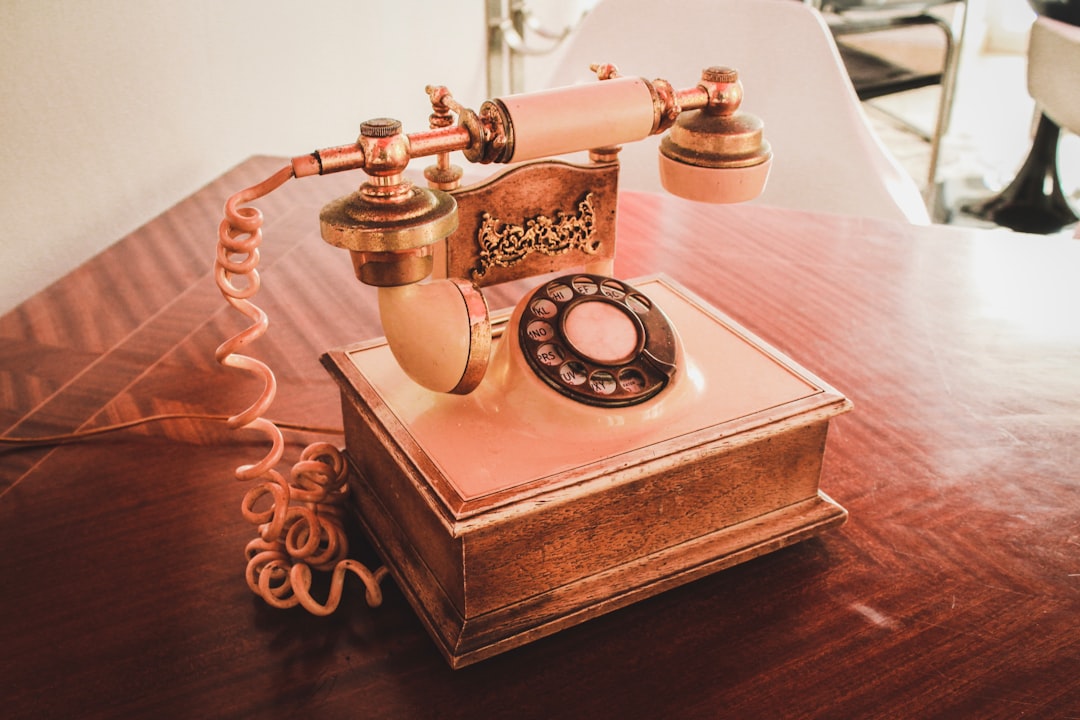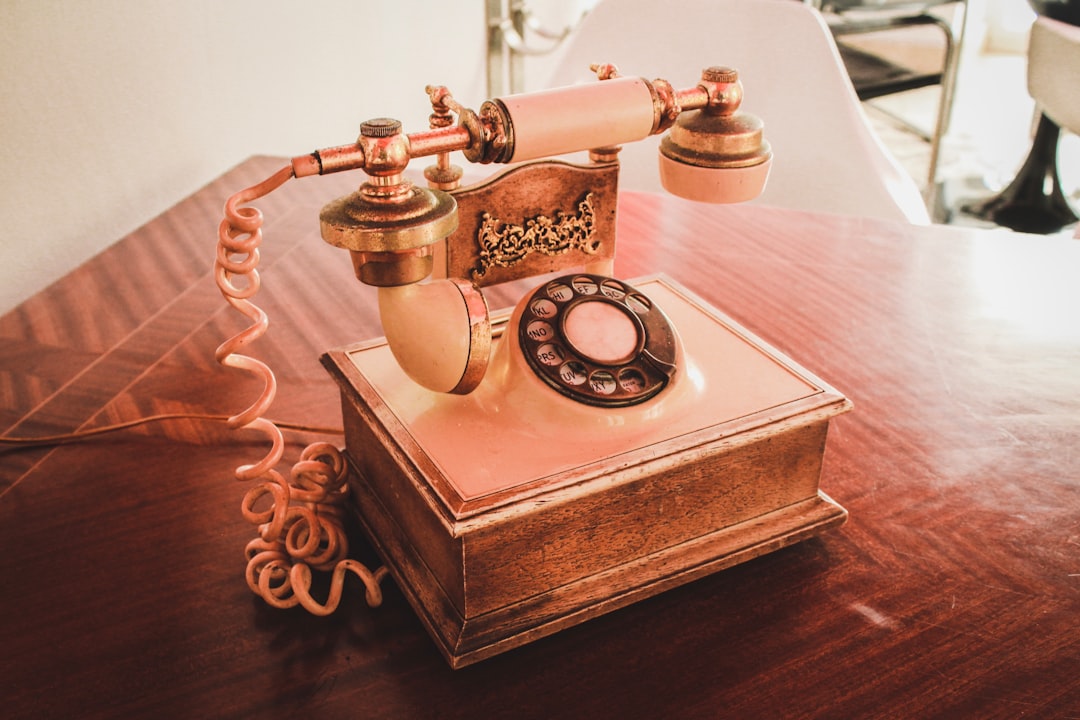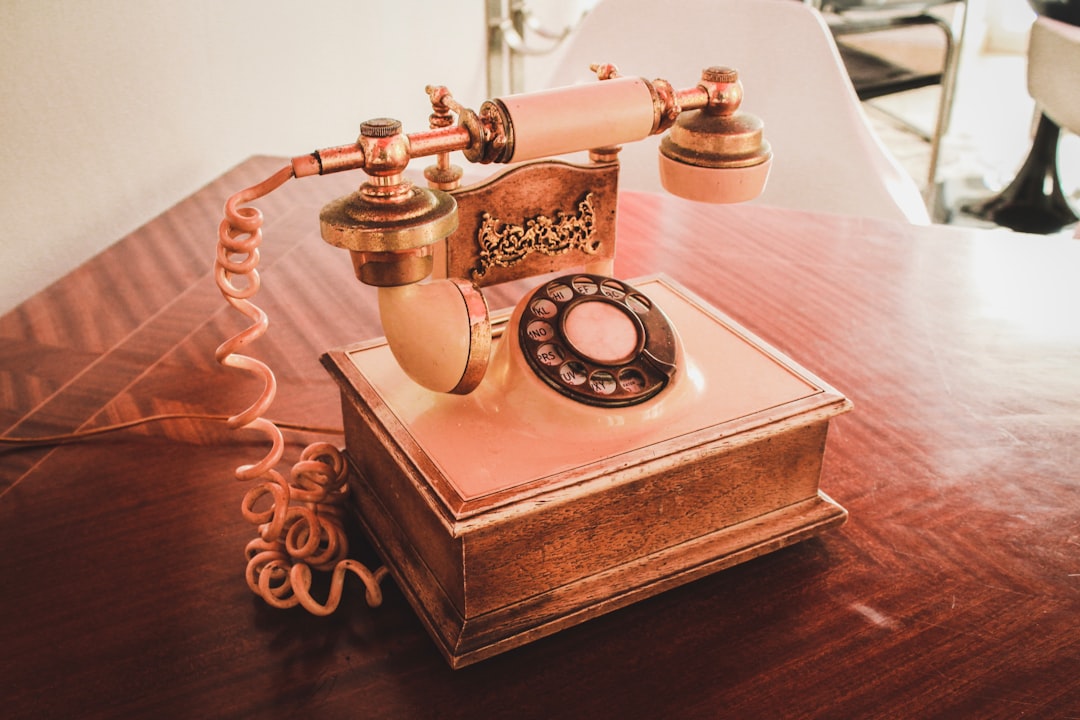In Georgia, consumers can protect themselves from unwanted telemarketing calls by enrolling in the "Do Not Call" registry. Violations like repeated calls or misrepresentations should be documented and reported to a specialized do not call lawyer or attorney who can offer legal recourse. Strict regulations exist for telemarketers, and asserting consumer rights benefits both individuals and the industry. Key allies include non-profit agencies, government entities, and advocacy groups that provide support, education, and resources to empower Georgians against unfair practices, such as do not call lawyers and firms in Georgia.
In Georgia, consumers are protected by state laws and regulations governing telemarketing practices. Understanding these rules is crucial to recognize and report violations, such as unwanted calls or misrepresentations, effectively. If your rights under the Do Not Call Registry are infringed upon, knowing the steps to take and the resources available—including consulting a Do not call lawyer Georgia or do not call attorney Georgia—can empower you to protect your privacy and stop harassing calls once and for all.
Understanding Georgia's Telemarketing Laws and Regulations

Understanding Georgia’s Telemarketing Laws and Regulations is a crucial step in advocating for consumer rights. The state has specific guidelines to protect residents from unwanted phone calls, particularly those from telemarketers. One key provision is the “Do Not Call” law, which allows consumers to register their numbers on a statewide list that restricts sales calls. This legislation empowers Georgians to control how their personal information is used and reduces the number of intrusive marketing calls.
Consumers in Georgia can take advantage of these laws by registering their phone numbers with the Attorney General’s Do Not Call Registry. Additionally, the state regulates telemarketing practices through licensing requirements and enforcement actions against violators. A lawyer specializing in consumer protection or a “Do not call lawyer” in Georgia can guide individuals on their rights, assist with registry issues, and take legal action against companies that disregard these regulations, ensuring a safer and more respectful marketing environment.
Recognizing Violations: Spotting Unlawful Call Practices

Recognizing violations is the first step in advocating for consumer rights. In Georgia’s telemarketing landscape, it’s important to be vigilant against unlawful call practices that often target unsuspecting consumers. Some red flags include repeated calls despite your “Do not call” status, misrepresentations about products or services, and aggressive sales tactics. If you’re experiencing any of these issues, it might indicate a violation of Georgia laws designed to protect consumer privacy and autonomy.
Those who engage in such practices often include telemarketers, do-not-call lawyer firms, or even rogue attorneys posing as legitimate businesses. Consumers have rights, including the right to decline unwanted calls and to be free from deceptive marketing strategies. If you suspect violations, consider documenting the calls—note dates, times, and any specific details about the caller’s behavior—and reach out to a qualified Do not call lawyer in Georgia for guidance on how to proceed.
The Role of the Do Not Call Registry in Georgia

In Georgia, consumers have a powerful tool at their disposal to fight unwanted telemarketing calls – the Do Not Call Registry. This state-mandated registry is a significant step in advocating for consumer rights within the telemarketing landscape. Any individual or business conducting telemarketing activities must comply with the rules set by the Georgia Department of Law, ensuring that callers respect the wishes of those who have chosen to opt-out.
The Do Not Call Registry allows Georgians to register their phone numbers and restrict unsolicited calls. Once registered, consumers can rest assured that their privacy is protected. If a caller ignores the “Do Not Call” status, residents are encouraged to report the infraction. This process empowers individuals to take action against persistent telemarketers and ensures that their rights as consumers are upheld. With the support of such regulations, Georgians can enjoy more peaceful interactions with telemarketing calls, knowing they have a legal avenue for recourse if needed.
Legal Action: What Steps to Take if Your Rights are Violated

If your consumer rights are violated in Georgia’s telemarketing landscape, there are legal actions you can take. The first step is to gather evidence, including recordings or notes from interactions with telemarketers, and any materials they sent you. This documentation will be crucial when filing a complaint or taking legal action.
Contacting a lawyer specializing in consumer protection laws in Georgia, such as a “Do not call lawyer Georgia” or “Do not call attorney Georgia,” is recommended. They can guide you through the process, help draft cease and desist letters to violators, and represent you if the case proceeds to court. Remember, there are strict regulations regarding telemarketing practices, and asserting your rights can lead to significant changes for both individual consumers and the industry as a whole.
Empowering Consumers: Resources and Organizations in Georgia

In Georgia, consumers have a powerful ally in their quest to protect their rights against telemarketing practices that may be unfair or deceptive. Several organizations and resources are dedicated to empowering Georgians to stand up for themselves. One crucial option is to contact a do not call lawyer or attorney in Georgia who specializes in consumer protection law. These legal professionals can provide guidance on dealing with unwanted calls, explaining the state’s laws and rights, and offering strategic advice on how to navigate telemarketing issues.
Beyond legal assistance, there are numerous non-profit and government agencies that offer support and education. The Georgia Attorney General’s Office plays a vital role in enforcing consumer protection laws, while organizations like the Better Business Bureau (BBB) help resolve disputes between consumers and businesses. Additionally, consumer advocacy groups provide valuable resources, workshops, and hotlines to empower residents with knowledge about their rights and the tools to advocate for themselves against telemarketing abuses.






